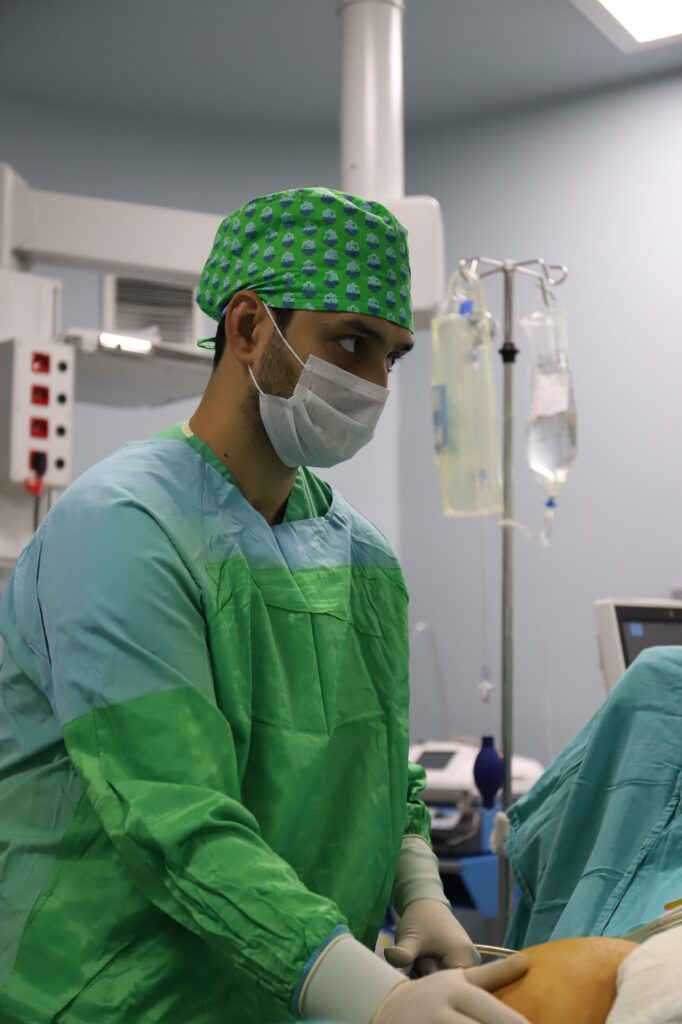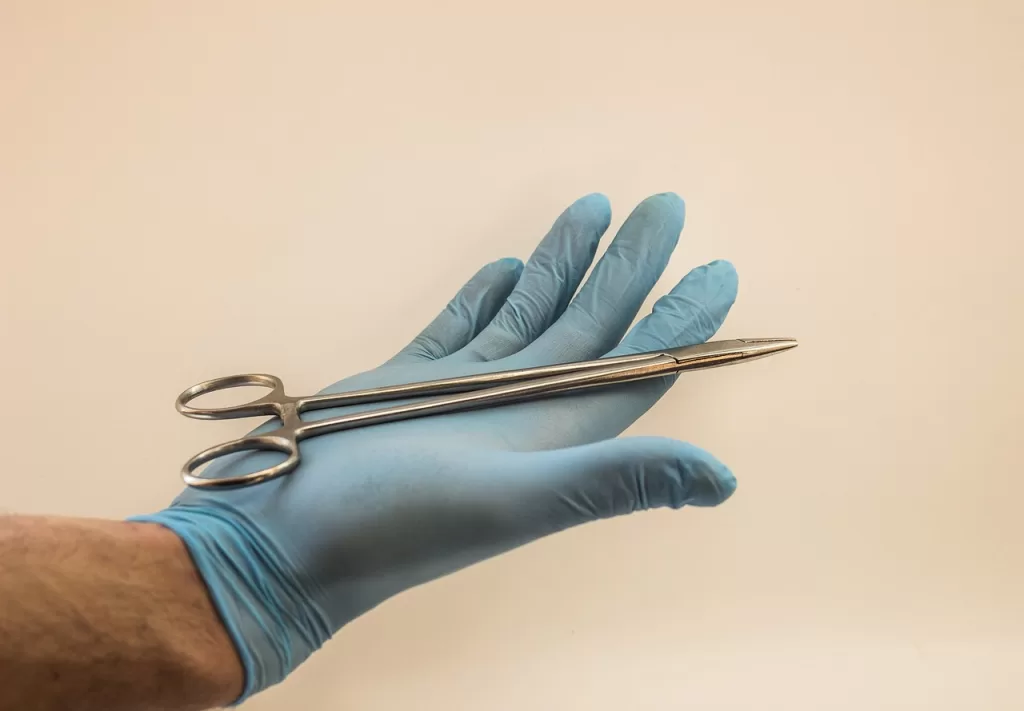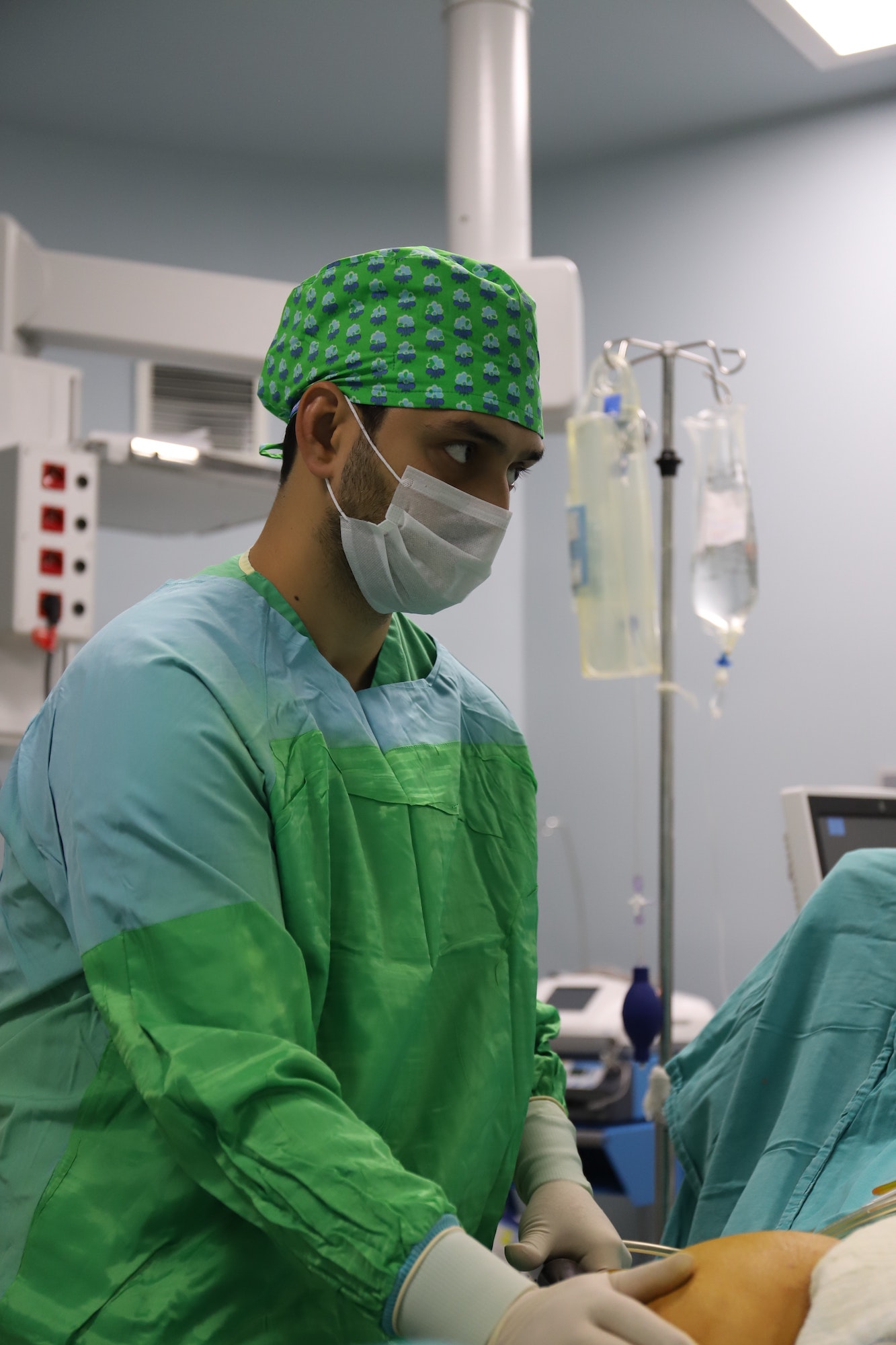5 Important Things You Must Know Before Having Bariatric Surgery
Considering weight loss surgery is a significant decision, often filled with anticipation about the potential outcomes. Bariatric surgery can lead to dramatic improvements in health, particularly for those struggling with conditions like high blood pressure, Type II diabetes, and sleep apnea. Understanding what to expect from the process, from preparation to recovery, can help make the journey smoother and less daunting. Here’s a comprehensive guide for anyone considering bariatric surgery, either for themselves or a loved one.

What to Expect from Bariatric Surgery: A Guide for Patients and Loved Ones
What to Expect on the Day of Surgery
On the day of your surgery, the process begins with registration and signing consent forms at the hospital. You’ll then proceed to the pre-surgery area for a series of routine tests, including urine tests, blood chemistry assessments, and a complete blood count (CBC). Before the surgery, you will meet with both the anesthesiologist and your bariatric surgeon to discuss the procedure and address any last-minute questions or concerns.
Before the Surgery Begins
Once you’re prepped for surgery, an intravenous (IV) line will be started in your arm, and a urinary catheter will be placed. The medical staff will use various monitoring equipment to keep track of your vital signs, such as blood pressure, oxygen levels, temperature, pulse, and respiratory rate throughout the procedure. To ensure a sterile environment, your body will be draped, leaving only the surgical area exposed, which will be thoroughly cleaned to prevent infection.
The anesthesiologist will then administer medication through the IV line that will relax your muscles, put you to sleep, and ensure you feel no pain during the surgery. A breathing tube will be inserted to help you breathe during the procedure.

During the Surgery
The type of bariatric surgery you undergo will dictate the specific steps involved. Generally, the surgeon will begin by making an incision in your abdomen. For traditional open surgery, this will be a larger incision, giving the surgeon access to your stomach and small intestine. In minimally invasive laparoscopic surgery, there will be four to six smaller incisions, each about one to two inches long.
Once inside, the surgeon will proceed according to the type of bariatric procedure you’ve chosen:
Gastric Balloon: A balloon is placed in the stomach to reduce its capacity.
Gastric Banding: A band is placed around the stomach to limit food intake.
Gastric Sleeve: A portion of the stomach is removed, and the remaining part is sutured to prevent leakage.
Gastric Bypass: The small intestine is repositioned to a higher part of the stomach, altering the digestive process.
Throughout the surgery, the medical team will carefully manage any bleeding and remove excess fluid. If necessary, a blood transfusion may be administered. Once the procedure is complete, the incisions are closed, and a temporary drain may be placed in your abdomen to remove any inflammatory fluid during the initial recovery period. The incision site will be covered with a dressing and left to heal.
After the Surgery
After the surgery, you will be moved to a recovery area, where medical staff will continue to monitor your vital signs. Your surgeon will check your incisions and drain tubes, and you will receive pain medication as needed to help manage discomfort. As you begin to recover, the urinary catheter will be removed, and you’ll start moving around with assistance. Most patients stay in the hospital for a few days, during which time they gradually regain independence, walking and using the bathroom on their own. Before you’re discharged, your surgical team will provide detailed instructions for at-home care and schedule follow-up appointments to monitor your recovery.

What to Expect During Recovery
Recovery times can vary depending on the type of bariatric surgery performed. Procedures involving more extensive changes to the stomach and intestines generally require longer recovery periods. You’ll likely return to the hospital a few days after discharge for follow-up appointments. During these visits, your surgeon will remove any drains, check your incisions, and change your dressings. It’s important to watch for any signs of complications, such as fever, vomiting, redness or tenderness around the incision site, diarrhea, or an inability to pass stool.
Where to Go for Bariatric Surgery
Denver is home to some of the most experienced bariatric surgeons and advanced medical facilities in the country. Choosing to have your surgery in Denver offers several advantages, from access to top-tier medical professionals to the support of comprehensive weight loss programs. The city’s high-altitude environment can also play a role in recovery, with some studies suggesting that living at higher altitudes may aid in weight loss.
Denver bariatric surgery centers are equipped with the latest technology and offer a range of surgical options tailored to the needs of each patient. Whether you’re considering a gastric sleeve, bypass, or another type of bariatric surgery, Denver’s medical teams work closely with patients to develop personalized treatment plans that optimize outcomes.
Additionally, the supportive community in Denver, with access to nutritionists, physical therapists, and post-operative support groups, ensures that patients receive the holistic care necessary for long-term success. This network of professionals is dedicated to helping you achieve and maintain your weight loss goals, making Denver an ideal location for those considering bariatric surgery.
Conclusion
Bariatric surgery offers a powerful tool for achieving significant weight loss, especially when combined with lasting dietary and lifestyle changes. Patients can expect to lose between 75% to 90% of their excess weight within the first two years following surgery. With a high success rate, bariatric surgery has helped countless individuals overcome health challenges and embark on a healthier, more fulfilling life.







